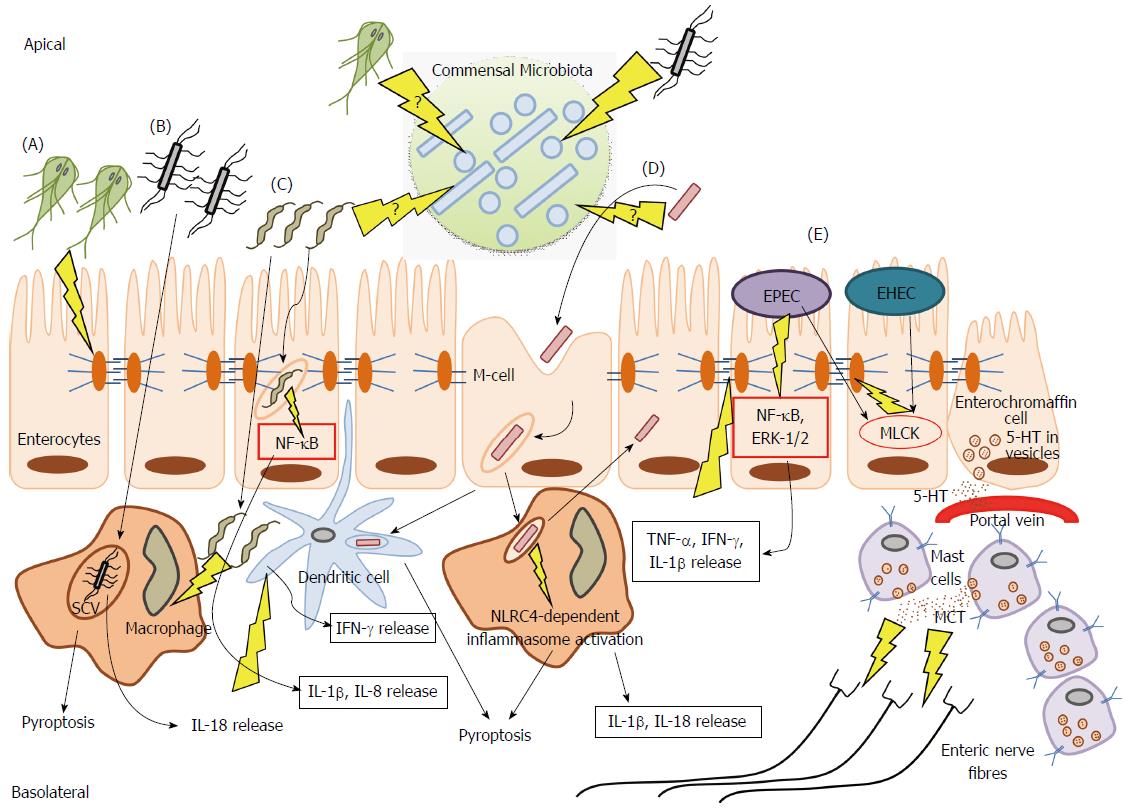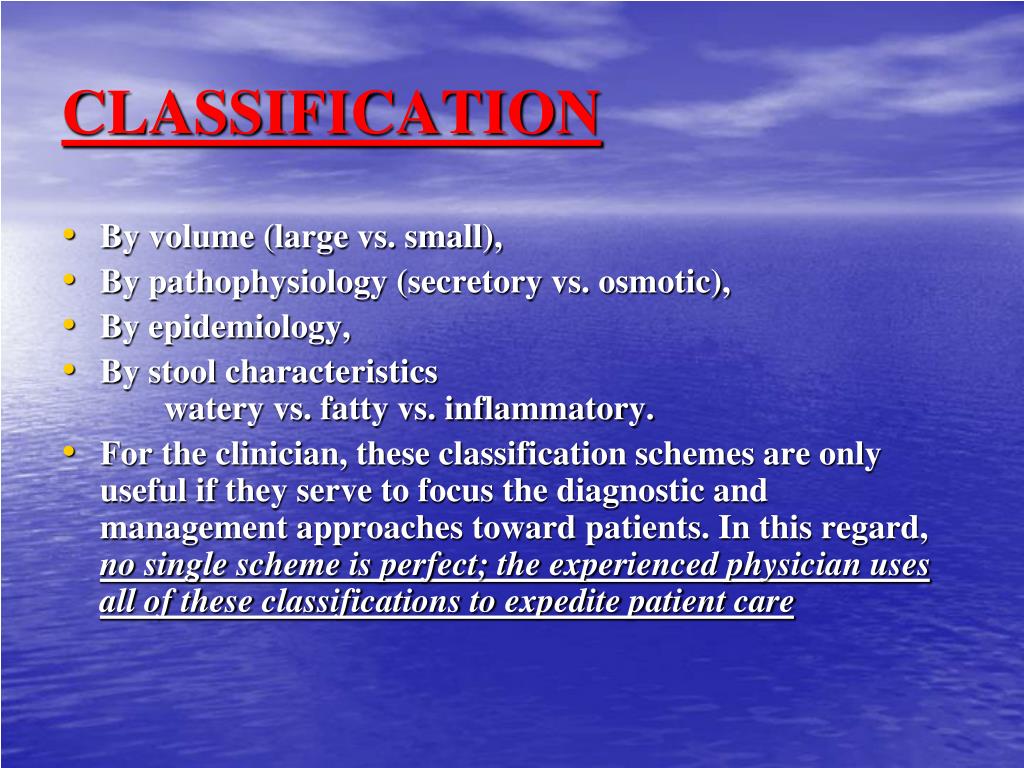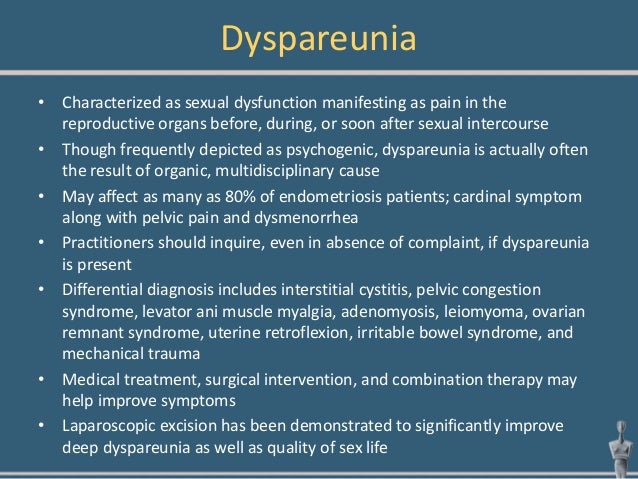Irritable bowel syndrome pathophysiology information
Home » » Irritable bowel syndrome pathophysiology informationYour Irritable bowel syndrome pathophysiology images are available in this site. Irritable bowel syndrome pathophysiology are a topic that is being searched for and liked by netizens today. You can Find and Download the Irritable bowel syndrome pathophysiology files here. Find and Download all free images.
If you’re looking for irritable bowel syndrome pathophysiology images information connected with to the irritable bowel syndrome pathophysiology keyword, you have come to the right site. Our website frequently gives you hints for viewing the maximum quality video and image content, please kindly search and locate more enlightening video content and graphics that fit your interests.
Irritable Bowel Syndrome Pathophysiology. Traditionally, irritable bowel syndrome has been considered to be a disorder with no known underlying structural or biochemical explanation, but this concept is likely to be outdated. Other symptoms may include abdominal pain that is relieved after defecation, mucus in the stools, or a sensation of incomplete rectal evacuation. Hindawi�s academic journals cover a wide range of disciplines. It is also very commonly encountered in primary care practice.
 Postinfectious irritable bowel syndrome Mechanistic From wjgnet.com
Postinfectious irritable bowel syndrome Mechanistic From wjgnet.com
Irritable bowel syndrome (ibs) is a group of symptoms that occur together, including repeated pain in your abdomen and changes in your bowel movements, which may be diarrhea, constipation, or both. Irritable bowel syndrome (ibs) is a functional bowel disorder characterised by chronic or recurrent abdominal pain associated with either relief or exacerbation by defecation, or a change in bowel habit. A small proportion of ibs patients also have symptoms of pancreatic exocrine insufficiency (pei) 1, and it may coincide with chronic. Only a small number of people with ibs have severe signs and symptoms. Irritable bowel syndrome (ibs) is defined as chronic or recurrent abdominal pain, altered bowel habits, and bloating, with the absence of structural or biochemical abnormalities to explain these symptoms. Irritable bowel syndrome (ibs) is a chronic gastrointestinal symptom complex defined by abdominal pain and disturbed bowel habits over 3 months within a period of 6 months, in absence of any identifiable organic pathology.
Ad veterinary medicine international invites papers on all areas of veterinary research.
An approach based on the underlying pathophysiology could help to develop therapies that target causes and ultimately provide a cure for patients with irritable bowel syndrome. Ibs has a complex, multifactorial etiology and is recognised as the most common disorder diagnosed by gastroenterologists; Irritable bowel syndrome (ibs) is the most common reason to visit a gastroenterologist. Ibs patients are classified into subtypes according to their predominant bowel habit, based on the rome iv criteria. It is the most commonly diagnosed gastrointestinal condition and accounts for approximately 30 percent of all referrals to gastroenterologists [ 1 ]. Irritable bowel syndrome (ibs) is a functional bowel disorder characterised by chronic or recurrent abdominal pain associated with either relief or exacerbation by defecation, or a change in bowel habit.
 Source: slideserve.com
Source: slideserve.com
Irritable bowel syndrome (ibs) is a common gastrointestinal (gi) disorder that considerably reduces the quality of life. Irritable bowel syndrome (ibs) is a chronic relapsing disorder of the gastrointestinal function, the main features of which are abdominal pain or discomfort and an alteration of bowel habit. Over the years, speculations of the pathophysiology of ibs has moved from elusive central nervous symptoms impinging. Irritable bowel syndrome (ibs) is the most common reason to visit a gastroenterologist. The diagnosis of ibs is based on symptom assessment and the rome iii criteria.
 Source: merckmanuals.com
Source: merckmanuals.com
Pathophysiology of irritable bowel syndrome gerald j holtmann*, alexander c ford*, nicholas j talley traditionally, irritable bowel syndrome has been considered to be a disorder with no known underlying structural or biochemical explanation, but this concept is likely to be outdated. This article provides an updated and straightforward overview of the disease, its pathophysiology, diagnosis, and treatment options. Irritable bowel syndrome (ibs) is the most common reason to visit a gastroenterologist. 1,2 it is usually episodic, but some patients are affected chronically 2. Introduction irritable bowel syndrome (ibs) is a functional bowel disorder characterised by chronic or recurrent abdominal pain associated with either relief or exacerbation by defecation, or a.
 Source: e-sciencecentral.org
Source: e-sciencecentral.org
Ibs was believed to be a functional disease, but many possible pathophysiologic mechanisms can now explain the symptoms. Irritable bowel syndrome (ibs) is the most common reason to visit a gastroenterologist. Traditionally, irritable bowel syndrome has been considered to be a disorder with no known underlying structural or biochemical explanation, but this concept is likely to be outdated. Hindawi�s academic journals cover a wide range of disciplines. Ibs is a chronic condition that you�ll need to manage long term.
 Source: en.wikipedia.org
Source: en.wikipedia.org
The diagnosis of ibs is based on symptom assessment and the rome iii criteria. Irritable bowel syndrome (ibs) is a common gastrointestinal (gi) disorder that considerably reduces the quality of life. Hindawi�s academic journals cover a wide range of disciplines. These symptoms occur over a long time, often years. This article provides an updated and straightforward overview of the disease, its pathophysiology, diagnosis, and treatment options.
 Source: draxe.com
Source: draxe.com
[ 1] irritable bowel syndrome is part of a broader group of disorders known as functional gastrointestinal (gi) disorders. Hindawi�s academic journals cover a wide range of disciplines. 1 most patients can be classified, according to the predominant stool pattern they have, into ibs with diarrhoea, ibs with constipation, and those who have both. Ibs includes a wide range of symptoms while its pathophysiology is very complicated. A small proportion of ibs patients also have symptoms of pancreatic exocrine insufficiency (pei) 1, and it may coincide with chronic.
 Source: wjgnet.com
Source: wjgnet.com
Irritable bowel syndrome (ibs) is a chronic relapsing disorder of the gastrointestinal function, the main features of which are abdominal pain or discomfort and an alteration of bowel habit. Ibs has a complex, multifactorial etiology and is recognised as the most common disorder diagnosed by gastroenterologists; 1,2 it is usually episodic, but some patients are affected chronically 2. Pathophysiology of irritable bowel syndrome gerald j holtmann*, alexander c ford*, nicholas j talley traditionally, irritable bowel syndrome has been considered to be a disorder with no known underlying structural or biochemical explanation, but this concept is likely to be outdated. Irritable bowel syndrome (ibs) is a common disorder that affects the large intestine.
 Source: slideshare.net
Source: slideshare.net
Irritable bowel syndrome (ibs) is a chronic gastrointestinal symptom complex defined by abdominal pain and disturbed bowel habits over 3 months within a period of 6 months, in absence of any identifiable organic pathology. Pathophysiology of irritable bowel syndrome. Ibs includes a wide range of symptoms while its pathophysiology is very complicated. Pain is the most common symptomatic complaint and the main reason why people seek medical care. Ibs was believed to be a functional disease, but many possible pathophysiologic mechanisms can now explain the symptoms.
This site is an open community for users to submit their favorite wallpapers on the internet, all images or pictures in this website are for personal wallpaper use only, it is stricly prohibited to use this wallpaper for commercial purposes, if you are the author and find this image is shared without your permission, please kindly raise a DMCA report to Us.
If you find this site beneficial, please support us by sharing this posts to your favorite social media accounts like Facebook, Instagram and so on or you can also bookmark this blog page with the title irritable bowel syndrome pathophysiology by using Ctrl + D for devices a laptop with a Windows operating system or Command + D for laptops with an Apple operating system. If you use a smartphone, you can also use the drawer menu of the browser you are using. Whether it’s a Windows, Mac, iOS or Android operating system, you will still be able to bookmark this website.
Category
Related By Category
- Learn spanish game information
- Melbourne house sitting information
- Learn french online for kids information
- Marty mcfly hoverboard information
- Learn fluent spanish information
- How to write a story plot information
- Information on insomnia information
- Medical tourism sites information
- Mayflower model ship information
- House sitter london information